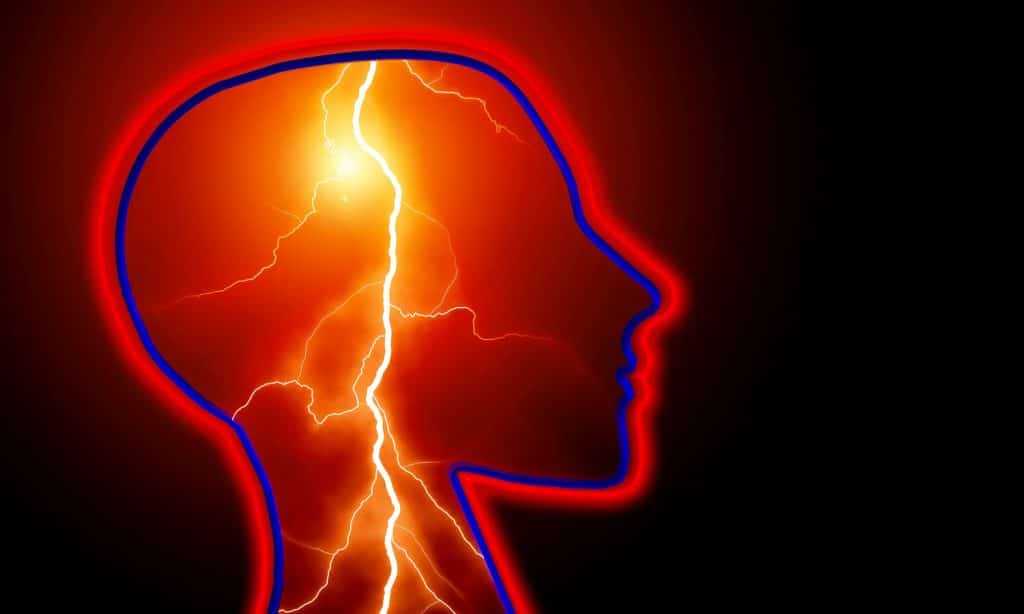By The Fresh Toast's Brendan Bures, provided exclusively to Benzinga .
Among patients with rare forms of epilepsy, artisanal CBD increased seizures while pharmaceutical CBD caused seizure reduction.
When cannabidiol (CBD) became a recommended wellness product for balancing aches, moods, and inflammation, it created a multi-billion-dollar industry designed at capturing this suddenly booming market. Multiple brands blossomed, wrapping their goods in artisanal packaging and approachable design to uninformed consumers. Not all these companies acted in bad faith, but just as many viewed it as product to be sold, complicating the matter for those who needed it as medicine.
If you are using CBD to treat illnesses like epilepsy, you should reconsider where you’re getting your goods from. According to new research, children and teenagers using pharmaceutical-grade CBD experienced higher levels of seizure control than those using artisanal CBD goods. A couple years ago, the Food and Drug Administration approved using marijuana-derived medication to treat two rare forms of childhood epilepsy, Dravet syndrome and Lennox-Gastaut syndrome, because patients didn’t respond to traditional medicine.
Some have mistaken this news to mean all CBD goods will treats epileptic patients equally, but this new study shows how artisanal CBD often contains unreliable CBD levels. Artisanal CBD can mistakenly contain THC, the psychoactive cannabinoid in marijuana, even when labels declare the product “THC-free.” Pharmaceutical-grade CBD does not have any THC, according to researchers.
“The use of medical cannabis to treat various medical conditions has grown in recent years. While not always legal, artisanal CBD has been available longer, so some people have been using it to treat epilepsy for years,” study author Nathan T. Cohen said in a statement. “They may want to reconsider because our research indicates that pharmaceutical CBD may indeed be more effective than artisanal CBD.”

Photo by geralt via Pixabay
In the small study, which will be published later this year, scientists followed 31 children and teens with an average age of 10 for about a year. Each of the participants had some form of epilepsy, including 32% with Lennox-Gastaut syndrome and 6% with Dravet syndrome. Among this group, 22 patients were using pharmaceutical CBD while the other nine took artisanal CBD. Scientists then recorded variables like seizure history, doses of CBD, CBD levels in the blood, reduction in seizures, and whether anyone experienced any side effects.
Most striking in the small sample size is how CBD treated the number of seizures in patients. At around the year mark, researchers reported that patients taking artisanal CBD had a 70% increase in seizures while those using pharmaceutical CBD had a 39% decrease. In addition, pharmaceutical CBD resulted in around four times the CBD serum levels in a patients blood when compared to artisanal CBD.
It’s worth adding that 11 patients taking pharmaceutical CBD experienced adverse side effects, including appetite loss, nausea, drowsiness, and diarrhea. These side effects caused six participants to stop taking CBD. Researchers added the sample size was too small to draw definitive conclusions, but hopes the information will help patients and physicians.
“It’s our practice, when appropriate, to encourage transition from artisanal to pharmaceutical CBD,” Cohen told MedPage Today. “We hope that physicians—and patients and their families—can use this data to help make better-informed decisions about cannabidiol-based products to treat pharmaco-resistant epilepsy.
Photo by skylarvision via Pixabay
© 2025 Benzinga.com. Benzinga does not provide investment advice. All rights reserved.
Trade confidently with insights and alerts from analyst ratings, free reports and breaking news that affects the stocks you care about.
Cannabis is evolving—don’t get left behind!
Curious about what’s next for the industry and how to stay ahead in today’s competitive market?
Join top executives, investors, and industry leaders at the Benzinga Cannabis Capital Conference in Chicago on June 9-10. Dive deep into market-shaping strategies, investment trends, and brand-building insights that will define the future of cannabis.
Secure your spot now before prices go up—this is where the biggest deals and connections happen!